If we are the product, let’s use our power - building a public health campaign for responsible…
If we are the product, let’s use our power — building a public health campaign for responsible technology

Technology without users, without people, remains cold, dead code. The way we communicate with one another, find and share information, or buy and sell things using technology is what brings it to life.
‘You are the product’ is a common criticism of technology.
But at Doteveryone we think that should not be a defeatist statement. If digital products and services rely on us — the people who use them — to exist, we should use our power to demand that they work in the ways we want them to.
So we’re starting work to explore how the techniques of public health messaging can help people understand the impacts of technology, give them ways to use their tech better and demand that the technology they use everyday be more responsible.
With funding from Omidyar Network, and generous support from BETC for creative development and from the Guardian for dissemination, we’ll be testing this in the coming weeks.
Building people power
People power is a key part of how Doteveryone wants to make change (and you should read my colleague Cassie Robinson’s brilliant articulation of how this fits into our approach of designing systemically for change.)
But to have power, people need first to understand what’s going on. At the moment they don’t. So part of our digital public health campaign will work on building up people’s awareness of how technology works and how it shapes the world around them.
Our People, Power and Technology survey of public attitudes and understanding identified Britain’s five digital blindspots which show that people don’t understand how some of the fundamentals of technologies operate.
- How adverts target you — 45% are unaware information they enter on websites and social media can help target ads
- How your personal information is collected — 83% are unaware information can be collected about them that other people have shared
- How prices can vary — 47% of people haven’t seen prices change when they repeatedly search for an item or noticed friends or family seeing a different price for the same service
- Where your news comes from — 62% don’t realise their social networks can affect the news they see
- How products and services make money — 24% don’t know how tech companies make money
That’s not to say they don’t care — 91% say it’s important to be able to choose how much data they share with companies, but half (51%) can’t currently find out that information.
Without knowing the rules of the game, it’s hard for people to know what they need from tech and it keeps them out of joining the debate on how to shape our digital future.
This campaign will help to address these blindspots with some clear explanations of what’s going on behind people’s tech.
Don’t be scary!
We want to create awareness by clearly visualising the issues which have been raised through our research and — where possible — giving people a practical solution to address them.
We’ve already started a list of simple steps people can take — like switching to chronological timelines or clearing your cache (jump to the end of our latest report to find them) and we’ll be developing that further as part of this work.
We’re also building a list of useful resources where people can find out more detailed information — it’s open to edit so please keep adding any more good examples you know of.
Our approach to this work is to be simple, funny and practical.
Many of the existing campaigns around technology are safety focused, highlighting the dangers of online scams and exploitation. But these campaigns don’t help people understand the way technologies work more broadly. And the combined effect of this messaging makes the internet feel like a scary place to be.
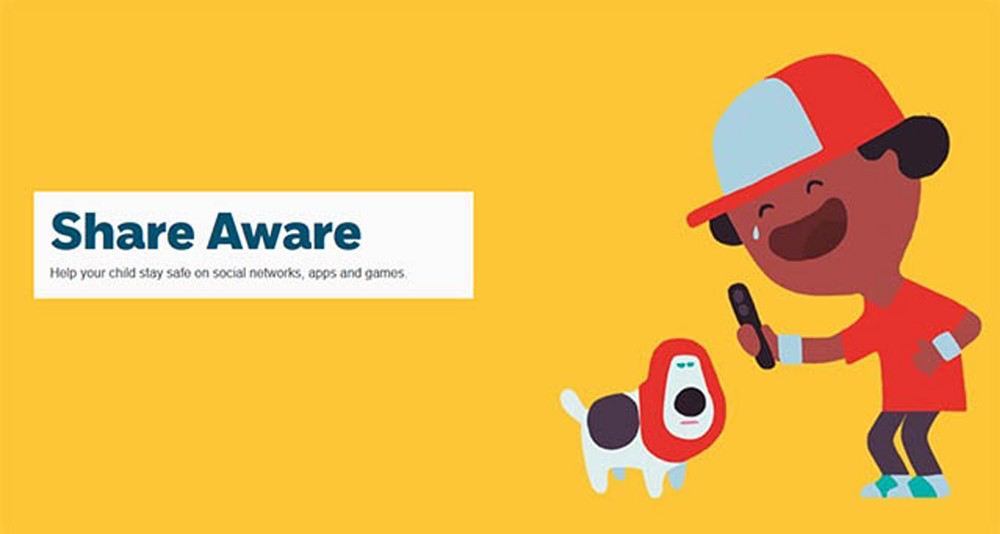
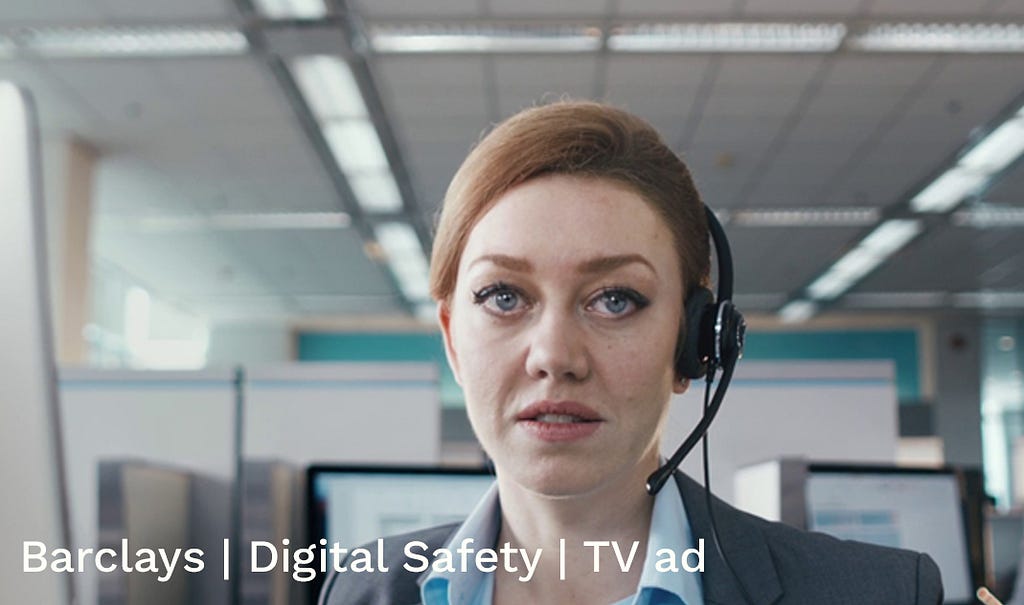
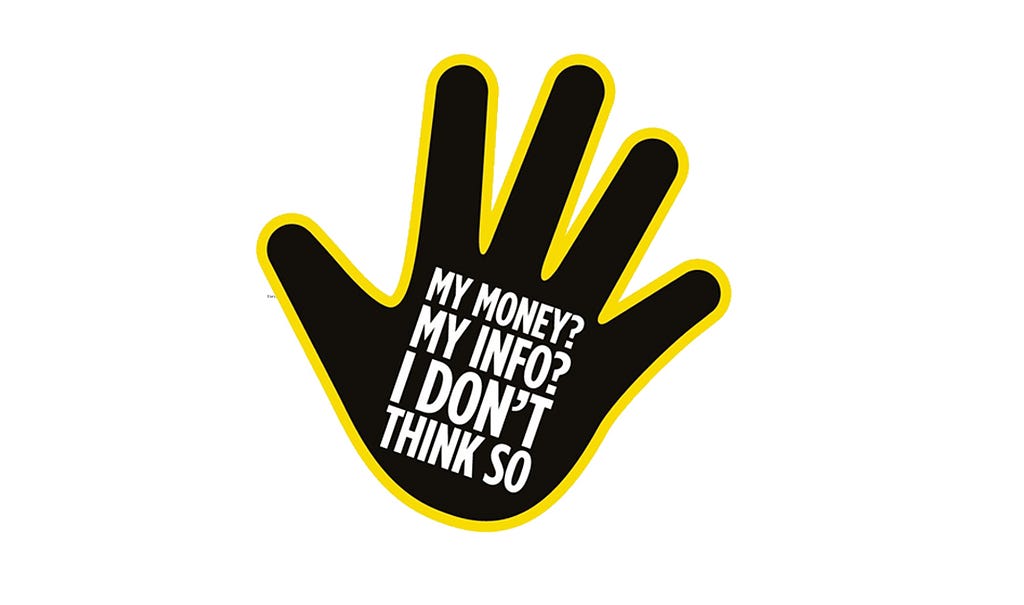
But we’ve found some great examples of how other campaigns have struck the right tone.
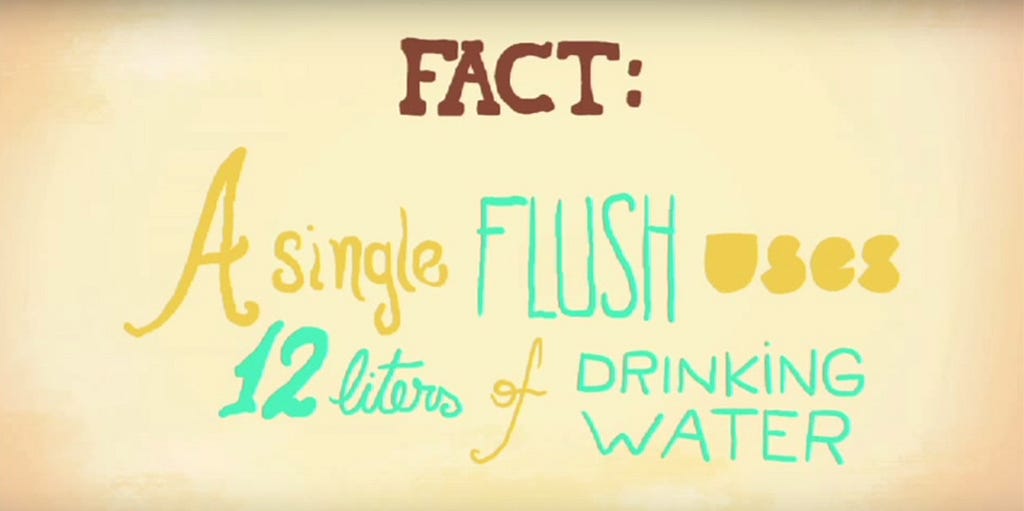
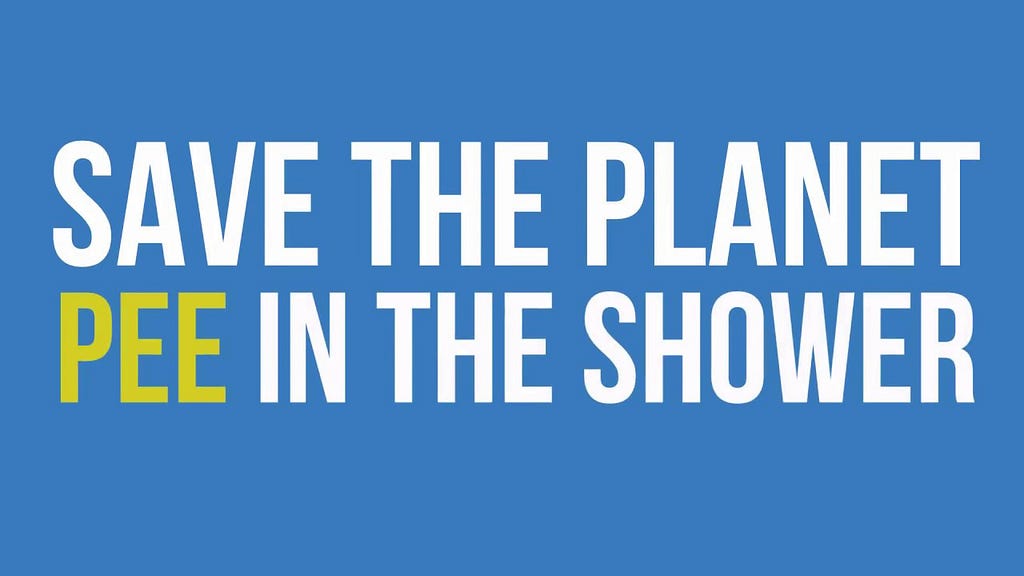
Getting the system moving for change
But improving people’s digital understanding is just one part of this campaign. The other goal is to empower the public to act on this increased awareness and help shape the kind of technology we have.
Currently people feel they have no power to address these issues. Almost half (46%) say they don’t like companies collecting information about them, but it’s worth it for the quality and convenience of the services. 43% say there’s no point reading T&Cs because companies do what they want anyway.
We want to give people the power to say that they love technology — just not at all costs; that it’s not unreasonable to demand all the great things that tech gives us — the convenience, information, entertainment — just without the harmful social consequences.
Public demand for responsible technology can build momentum until that demand becomes an expectation.
Then the rest of the system — the tech industry and the regulators — will have to work to meet that expectation.
If you’d like to find out more about our work, please email us: [email protected]
If we are the product, let’s use our power - building a public health campaign for responsible… was originally published in Doteveryone on Medium, where people are continuing the conversation by highlighting and responding to this story.